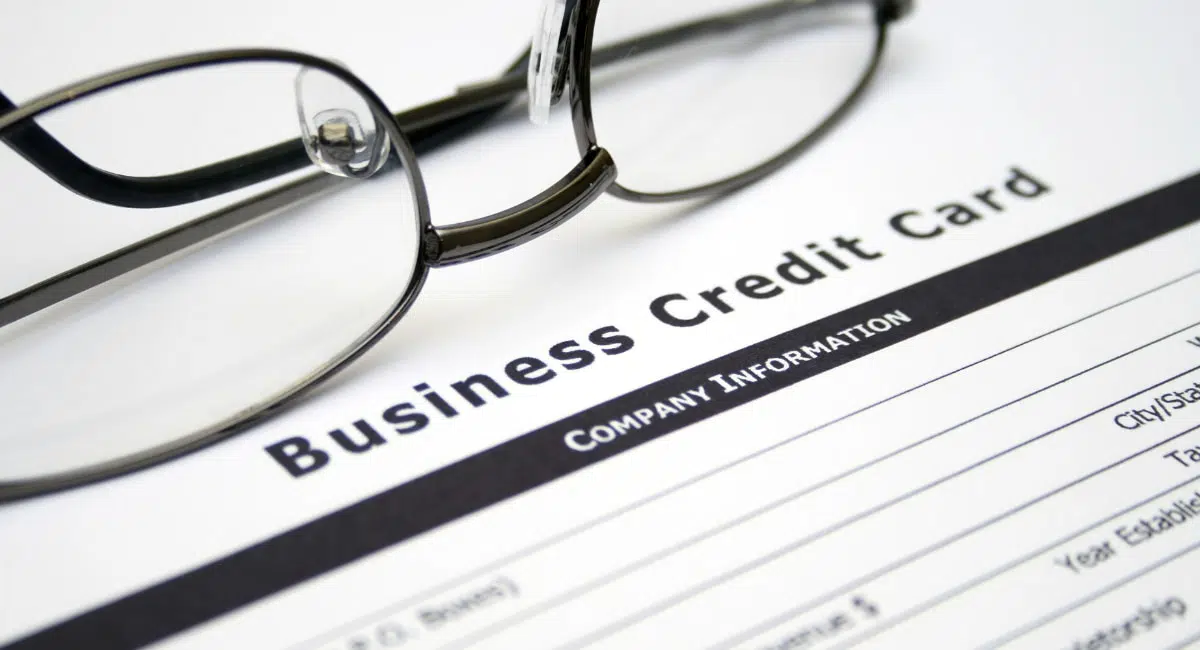The term “free business account” might catch the attention of penny-pinching business owners. Who doesn’t love the idea of eliminating fees that eat into hard-earned revenue?
While “free” refers to the absence of monthly fees, there is really no such thing as a free banking service. Account providers add hidden fees to recoup the money spent on providing their service or deliberately impose limitations to encourage businesses to subscribe to a paid plan.
Let’s take a look at the hidden costs of free accounts for businesses and freelancers in the UK.
Domestic payments beyond a limit
Receiving and sending domestic payments and using your debit card within the UK are key features of any business account.
Within the UK, a banking network called Faster Payments facilitates quick and free transfers between domestic business accounts. Other UK payment networks exist, such as standing orders, Direct Debit and CHAPS. A debit card transaction processes payments via card networks (Visa, Mastercard, etc.).
The norm is not to charge businesses anything for domestic transfers and card payments, but some free business accounts impose per-transfer fees or limits on domestic payments. For example, Tide charges 20p per UK transfer on their free plan, while Cashplus Business allows 3 free UK payments monthly followed by a 30p charge each.
International payments
International transfers and cross-border payments nearly always incur costs, whether hidden or explicitly stated. These can be fixed fees or percentage rates and vary greatly depending on:
- Which countries send and receive the payment
- Whether it is a card payment or account transfer
- Which banking networks are involved
- Whether currency conversion is involved
In the EU, for example, the SEPA banking network connects participating Eurozone countries to enable cheap Euro-currency transfers between those countries. Since the UK transacts in GBP and has left the EU, transfer between SEPA and the UK incur a cross-border charge in most cases.
Internationally, the SWIFT network allows global transfers between bank accounts. These are usually the most expensive, for example £15 for the sender or receiver.
If a currency exchange takes place (e.g. when transferring money from a USD-currency account to a GBP-currency account), a conversion fee is usually added. A significant example is PayPal who applies a 3% currency conversion fee above the base exchange rate.
Transferring between accounts in the same currency does not incur this fee. This is why multi-currency account providers like Revolut and myPOS are cheaper for merchants with international clients, as you can just use the euro account for euro transactions and keep the pound sterling account for domestic transactions.
Non-domestic card payments or cash withdrawals may also incur international card fees in some cases.
Cash withdrawals
Current account providers benefit financially when users transact online or electronically with their cards. To make sure they still profit from offering a free account, banks and other account providers might therefore restrict or charge for cash withdrawals.
Typically, a specified monthly withdrawal limit (e.g. £200) or number of free cash withdrawals from an ATM, Post Office or point of sale is included. Beyond this limit, a fixed fee or percentage of the withdrawn transaction may apply.
For example, SumUp Business Account allows 3 free UK cash withdrawals per month and charges 2% for the amounts withdrawn after that.
Withdrawing cash abroad almost always incurs a fee – the free withdrawal allowances are for domestic cases.
Cash deposits
As with cash withdrawals, cash deposits are not usually free – or even available – in a free business account.
If available, the account holder can deposit cash at either a bank branch, Post Office or PayPoint for a fixed fee or percentage rate of the deposit amount. If a % is charged, there may be a minimum amount charged, such as £3, or maximum fee limit (if lucky).
This is quite important for brick-and-mortar shops accepting coins and banknotes that need to be deposited on a regular basis.
Extra physical debit cards
Business accounts usually come with one free plastic debit or prepaid card, which may be replaced free upon expiry. Extra ones can be ordered for a price per physical card, for example £3 each. If the account has multi-user access, there is usually a limit on how many cards are allowed per team member.
Sometimes, a “premium” metal debit card can be ordered for a higher price, but we are not convinced this is worth the cost unless the card does in fact add value to your business team.
Virtual cards are typically free and with a higher limit of cards allowed per user.
Annual fees
There may not be any monthly fees for a free current account, but have you checked if there’s an annual fee?
A business account from Cashplus Bank and certain high street banks require account fees annually rather than monthly. This is essentially a lump sum of what could’ve been smaller monthly fees spread across a whole year.
In Cashplus Business’ case, this not-clearly-advertised annual fee is £69, paid in advance of a year. Online current accounts do not usually come with such a surprise fee, but traditional business bank accounts from the likes of Barclays and HSBC might.
Overdraft and loan fees
Few free business accounts offer any sort of credit, overdraft or loan, but you can be sure that those that do will charge for it.
For example, Starling Business charges an overdraft interest rate between 5-15% EAR (effective annual interest rate) plus an upfront annual fee of 1.5% (£50 minimum) of the overdraft amount.
In a similar vein, business loans from any bank or cash advance provider incur loan fees, interest rates and sometimes an early repayment fee too.
Lack of features
Lastly, free accounts tend to include far fewer features than their paid counterparts. These limitations can make it harder to scale operations as a business grows.
For instance, app-based invoicing, available integrations, ‘tax pots’ or multi-user access might be limited or missing in some free accounts. These tools are often useful for managing teams, budgets and cash flow. Dedicated customer support or assistance during critical times might even be missing.
The lack of these functionalities can result in additional, avoidable costs for small businesses. Without the proper tools to automate certain processes, you might need to rely on manual workarounds or investing in separate software to fulfil specific needs.
Some free account plans charge for certain “premium” features like ANNA Money’s £1 monthly per savings pot in use.
Whatever the limitations are, you can start by signing up for an account that’s free anyway, test it and ask yourself if this is sufficient for your business.




